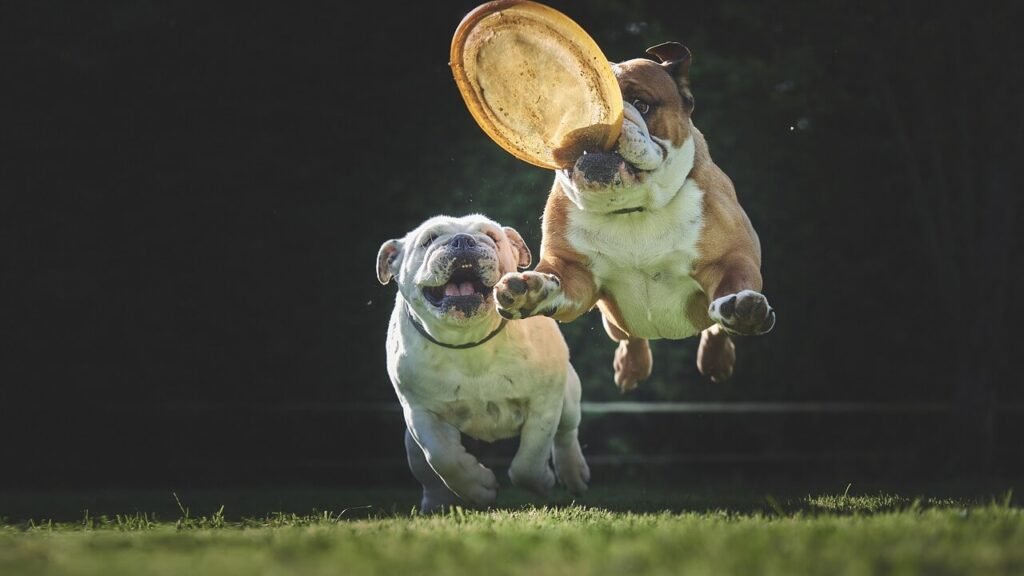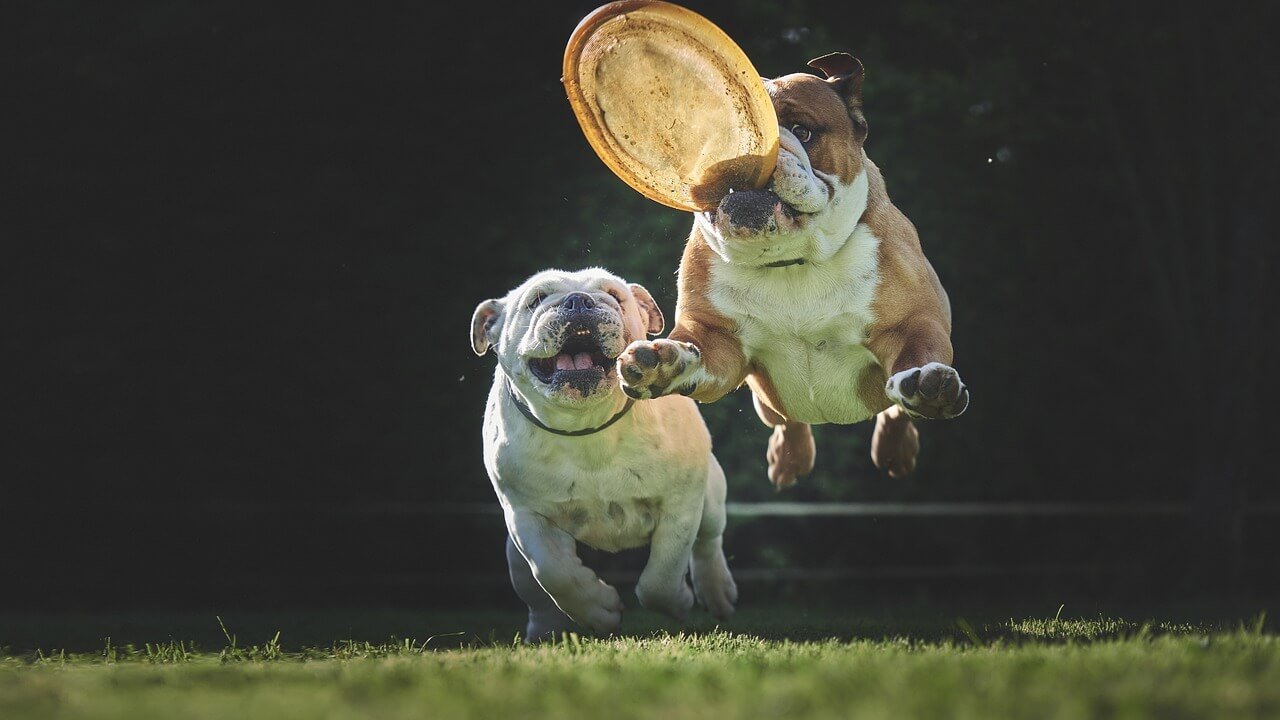Why Dog Dental Cleaning is More Than Just a Luxury
When it comes to our furry companions, their health and happiness are always top priorities. While we often focus on exercise, diet, and vaccinations, one crucial aspect of pet care that tends to be overlooked is dental hygiene. Just like humans, dogs can suffer from dental issues such as plaque buildup, gum disease, and tooth decay.
These problems not only affect their oral health but can also lead to more serious conditions if left untreated. One of the most effective ways to ensure your dog’s teeth stay in tip-top shape is through professional dental cleanings. But how much does dog dental cleaning cost, and is it worth the investment? In this blog post, we’ll explore everything you need to know about keeping your pup’s pearly whites shining bright.
Factors That Influence Dog Dental Cleaning Costs
If you’ve ever wondered why the price of dog dental cleaning varies so much, you’re not alone. Several factors come into play when determining the overall cost. Below, we’ll break down the key elements that influence the final bill.
Size of the Dog
Smaller breeds may require less time and fewer resources for a cleaning, which can lower the cost. Larger dogs, on the other hand, often need more extensive care due to their bigger mouths and stronger teeth.Severity of Dental Issues
Dogs with advanced dental problems, such as severe tartar buildup or gum disease, may need additional procedures like extractions or antibiotics, which can increase the total expense.Location of the Veterinary Clinic
The cost of veterinary services can vary significantly depending on where you live. Urban areas and regions with higher living costs tend to have pricier dental cleanings.Type of Anesthesia Used
Anesthesia is a critical part of the cleaning process, ensuring your dog remains safe and comfortable. The type and dosage of anesthesia used can impact the overall cost.Veterinarian’s Expertise
Highly experienced veterinarians or specialized dental clinics may charge more for their services, but they often provide better quality care.
Understanding these factors can help you anticipate the potential costs involved and make informed decisions about your dog’s dental health.
Average Costs of Dog Dental Cleaning Across Different Scenarios
While the exact cost of dog dental cleaning can vary, there are some general price ranges based on different scenarios. Here’s a breakdown to give you a clearer picture of what to expect.
Basic Cleaning Without Additional Procedures
For dogs with minimal dental issues, a routine cleaning typically costs between $200 and 400. This includes scaling, polishing, and a thorough examination.Cleaning With Extractions
If your dog requires tooth extractions due to decay or damage, the cost can range from $500 to 1,000 or more, depending on the number of teeth affected.Preventive Care Packages
Some veterinary clinics offer preventive care packages that include regular cleanings at a discounted rate, often starting at around $150 per session.Emergency Dental Procedures
In cases where your dog needs urgent dental attention, such as an abscess or broken tooth, costs can exceed $1,500 due to the complexity of the treatment.Non-Anesthetic Dental Cleanings
For pet owners seeking alternatives to traditional methods, non-anesthetic cleanings are available but usually cost between $100 and 300 per session.
These examples highlight the importance of addressing dental issues early to avoid higher expenses down the line.
Check this guide 👉 Dog Tooth Abscesses: Best 7 Expert Tips!
Check this guide 👉 Dog Tooth Fell Out No Blood: Best 7 Causes & Care Tips!
Check this guide 👉 Understanding the Cost of Dog Tooth Extraction: Best 7 Tips!

Cost Factor | Details |
|---|---|
Size of the Dog | Smaller dogs generally cost less; larger dogs require more resources. |
Severity of Dental Issues | Advanced problems like gum disease increase costs. |
Location of the Clinic | Urban areas tend to have higher prices compared to rural regions. |
Type of Anesthesia Used | Premium anesthesia options can raise the overall bill. |
Veterinarian’s Expertise | Specialized clinics or highly skilled vets may charge more. |
Benefits of Regular Dog Dental Cleanings
Investing in your dog’s dental health isn’t just about preventing bad breath—it offers numerous long-term benefits. Here’s why regular cleanings should be part of your pet care routine.
Prevents Gum Disease
Gum disease is one of the most common health issues in dogs. Regular cleanings remove harmful bacteria and plaque, reducing the risk of infection.Improves Overall Health
Poor dental hygiene can lead to systemic issues, including heart, kidney, and liver problems. Clean teeth contribute to better overall well-being.Reduces Bad Breath
Persistent bad breath in dogs is often a sign of underlying dental issues. Professional cleanings eliminate odor-causing bacteria.Saves Money in the Long Run
Addressing minor dental issues early prevents costly treatments for advanced conditions later on.Enhances Quality of Life
A pain-free mouth allows your dog to eat comfortably and enjoy daily activities without discomfort.
By prioritizing dental cleanings, you’re ensuring your dog lives a healthier, happier life.
Tips to Minimize Dog Dental Cleaning Costs
While professional cleanings are essential, there are ways to reduce expenses without compromising your dog’s oral health. Consider the following tips:
Brush Your Dog’s Teeth Regularly
Daily brushing can prevent plaque buildup and reduce the frequency of professional cleanings. Use a dog-specific toothbrush and toothpaste for best results.Provide Dental Chews and Toys
Dental chews and specially designed toys help scrape away plaque naturally, promoting cleaner teeth between vet visits.Schedule Routine Check-Ups
Regular check-ups allow your vet to catch and address minor issues before they escalate into major problems.Look for Discounts or Packages
Many clinics offer discounts during Dental Health Month or bundle services at reduced rates. Take advantage of these opportunities.Consider Pet Insurance
Pet insurance plans with dental coverage can significantly offset the cost of cleanings and related procedures.
Implementing these strategies can help you manage costs while maintaining your dog’s dental health effectively.
Signs Your Dog May Need a Dental Cleaning
It’s not always easy to tell when your dog is experiencing dental issues, but there are some common signs to watch out for. Recognizing these symptoms early can help you address problems before they escalate.
Persistent Bad Breath
Foul-smelling breath that doesn’t go away with regular brushing could indicate an underlying dental issue such as gum disease or tooth decay.Swollen or Bleeding Gums
Red, inflamed gums or bleeding during chewing or brushing are clear indicators of oral health problems.Difficulty Eating or Chewing
If your dog hesitates to eat, drops food while chewing, or shows signs of discomfort, it may be due to pain in their teeth or gums.Visible Tartar Buildup
Yellow or brown deposits on the teeth, especially near the gumline, signal the need for professional cleaning.Excessive Drooling
Unusual drooling can sometimes point to irritation or infection in the mouth.
By paying attention to these warning signs, you can take proactive steps to protect your dog’s oral health and prevent more serious complications.
At-Home Dental Care Tips for Dogs
While professional cleanings are essential, maintaining your dog’s oral hygiene at home is equally important. Here are some practical tips to keep their teeth healthy between vet visits.
Start Early
Introduce your dog to toothbrushing when they’re young to make the process easier and less stressful for both of you.Use Dog-Safe Products
Always use toothpaste and brushes specifically designed for dogs, as human products can be harmful to their health.Create a Routine
Brush your dog’s teeth at least 2-3 times a week to maintain consistent oral hygiene.Incorporate Dental Diet Options
Feeding your dog kibble or treats formulated to promote dental health can reduce plaque and tartar buildup.Reward Good Behavior
Positive reinforcement, like treats or praise, can encourage your dog to cooperate during dental care sessions.
With a little effort and consistency, at-home dental care can significantly reduce the need for frequent professional cleanings.
Common Misconceptions About Dog Dental Health
There are several myths surrounding dog dental care that can lead to confusion or neglect. Clearing up these misconceptions is key to ensuring your dog receives proper oral care.
“Dogs Don’t Need Dental Care Because They Chew Toys”
While chewing does help clean teeth, it’s not enough to replace professional cleanings or regular brushing.“Bad Breath Is Normal for Dogs”
While some odor is natural, persistent bad breath is often a sign of underlying dental issues that require attention.“Dry Food Alone Keeps Teeth Clean”
Although dry kibble can help scrape away plaque, it doesn’t eliminate the need for brushing or professional cleanings.“Older Dogs Can’t Handle Anesthesia”
Modern anesthesia protocols are safe for dogs of all ages, provided they undergo proper pre-screening tests.“Dental Problems Only Affect Certain Breeds”
All dogs, regardless of breed, are susceptible to dental issues if proper care isn’t maintained.
Understanding the truth behind these myths ensures you’re equipped to provide the best possible care for your dog’s teeth.
Frequently Asked Questions About Dog Dental Cleaning Costs
How often should my dog get a dental cleaning?
Most veterinarians recommend professional cleanings once a year, though some dogs may need them more frequently based on their oral health.
Is anesthesia safe for my dog during dental cleanings?
Yes, modern anesthesia protocols are highly safe when administered by trained professionals. Pre-screening tests further minimize risks.
Can I clean my dog’s teeth at home instead of going to the vet?
While at-home care is beneficial, professional cleanings are necessary to remove plaque and tartar below the gumline.
What happens if I skip my dog’s dental cleaning?
Skipping cleanings can lead to painful dental diseases, infections, and even life-threatening health complications.
Does pet insurance cover dental cleanings?
Coverage varies by plan, but many policies include options for routine cleanings and emergency procedures.
Investing in Your Dog’s Smile Pays Off
Your dog’s dental health is a vital component of their overall well-being, and professional cleanings play a crucial role in maintaining it. While the cost of dog dental cleaning might seem daunting at first, the long-term benefits far outweigh the initial expense. By understanding the factors that influence pricing, taking preventive measures, and exploring cost-saving strategies, you can ensure your furry friend enjoys a lifetime of healthy smiles. After all, a happy dog starts with a healthy mouth—and that’s something worth investing in.
Dog Tapeworm Life Cycle: Best 7 Expert Tips! – Learn how tapeworms infect dogs, spot symptoms, and break the cycle with expert prevention strategies.
Anxious Cat Body Language: Best 7 Expert Tips! – Learn to spot signs of stress, understand triggers, and help your cat feel safe and relaxed.
Anxious Dog Body Language: Best 7 Expert Tips! – Learn to spot signs of anxiety, respond effectively, and help your dog feel safe and secure.
Is Breeding Dogs Bad? Best 7 Expert Tips! – Explore the ethics, benefits, and risks of dog breeding to make informed decisions for a better future.





